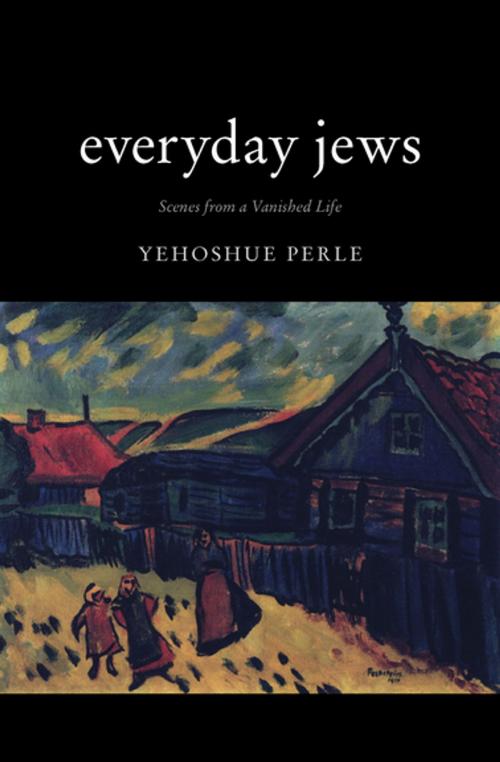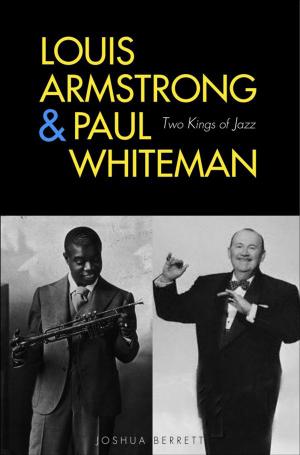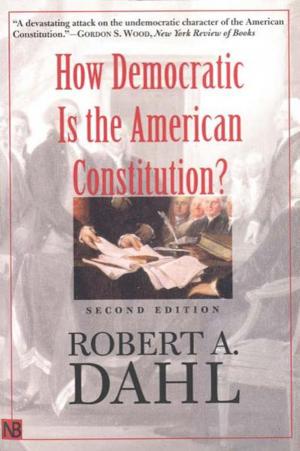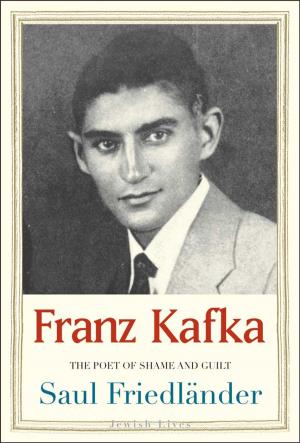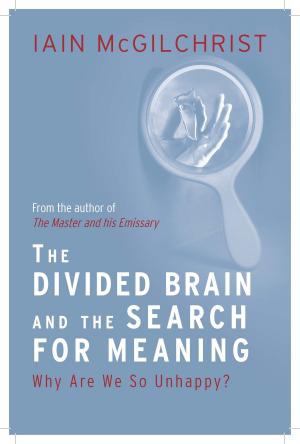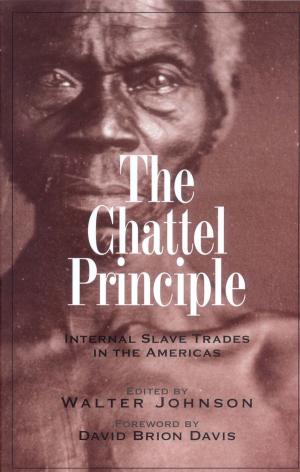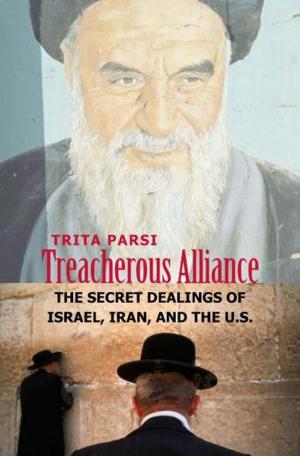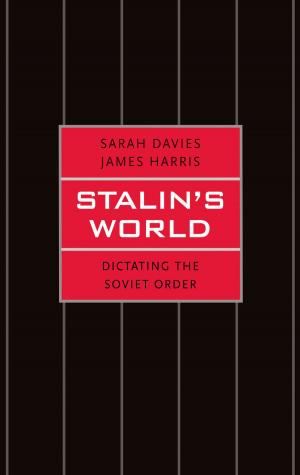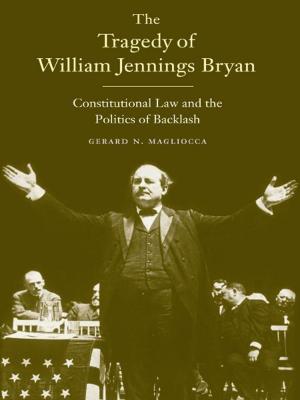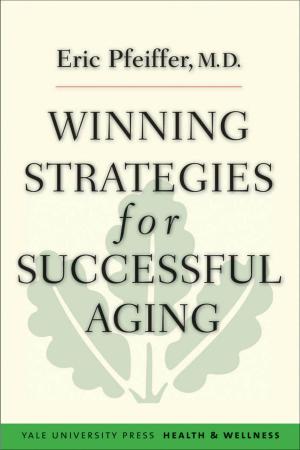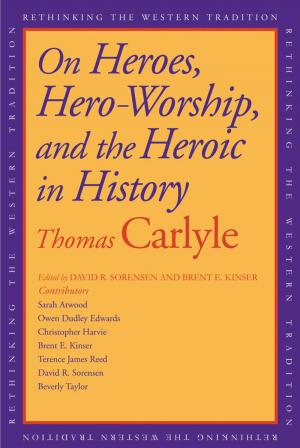| Author: | Yehoshue Perle | ISBN: | 9781480440821 |
| Publisher: | Yale University Press | Publication: | October 15, 2013 |
| Imprint: | The New Yiddish Library | Language: | English |
| Author: | Yehoshue Perle |
| ISBN: | 9781480440821 |
| Publisher: | Yale University Press |
| Publication: | October 15, 2013 |
| Imprint: | The New Yiddish Library |
| Language: | English |
“Hailed as a modern Yiddish masterpiece . . . Explor[es] the harsh reality of life for a poor family in a provincial Polish town around the year 1900” (The Huffington Post).
When Everyday Jews was first published in Poland in 1935, the Jewish Left was scandalized by the sex scenes, and I. B. Singer complained that the novel was too bleak to be psychologically credible. Yet within two years, Perle’s novel was heralded as a modern Yiddish masterpiece. Offering a unique blend of raw sexuality and romantic love, thwarted desire and spiritual longing, Everyday Jews is now considered Perle’s consummate achievement.
The voice of Mendl, the novel’s twelve-year-old narrator, is precisely captured by this artfully simple translation. Mendl’s impoverished and dysfunctional family struggles to survive in a nameless Polish provincial town. In this unsettled world, most ordinary people yearn to be somewhere else—or someone else. As Mendl journeys to adulthood, Perle captures the complex interplay of Christians and Jews, weekdays and Sabbaths, town and country, dream and reality, against a relentless and never-ending battle of the sexes.
“Hailed as a modern Yiddish masterpiece . . . Explor[es] the harsh reality of life for a poor family in a provincial Polish town around the year 1900” (The Huffington Post).
When Everyday Jews was first published in Poland in 1935, the Jewish Left was scandalized by the sex scenes, and I. B. Singer complained that the novel was too bleak to be psychologically credible. Yet within two years, Perle’s novel was heralded as a modern Yiddish masterpiece. Offering a unique blend of raw sexuality and romantic love, thwarted desire and spiritual longing, Everyday Jews is now considered Perle’s consummate achievement.
The voice of Mendl, the novel’s twelve-year-old narrator, is precisely captured by this artfully simple translation. Mendl’s impoverished and dysfunctional family struggles to survive in a nameless Polish provincial town. In this unsettled world, most ordinary people yearn to be somewhere else—or someone else. As Mendl journeys to adulthood, Perle captures the complex interplay of Christians and Jews, weekdays and Sabbaths, town and country, dream and reality, against a relentless and never-ending battle of the sexes.
